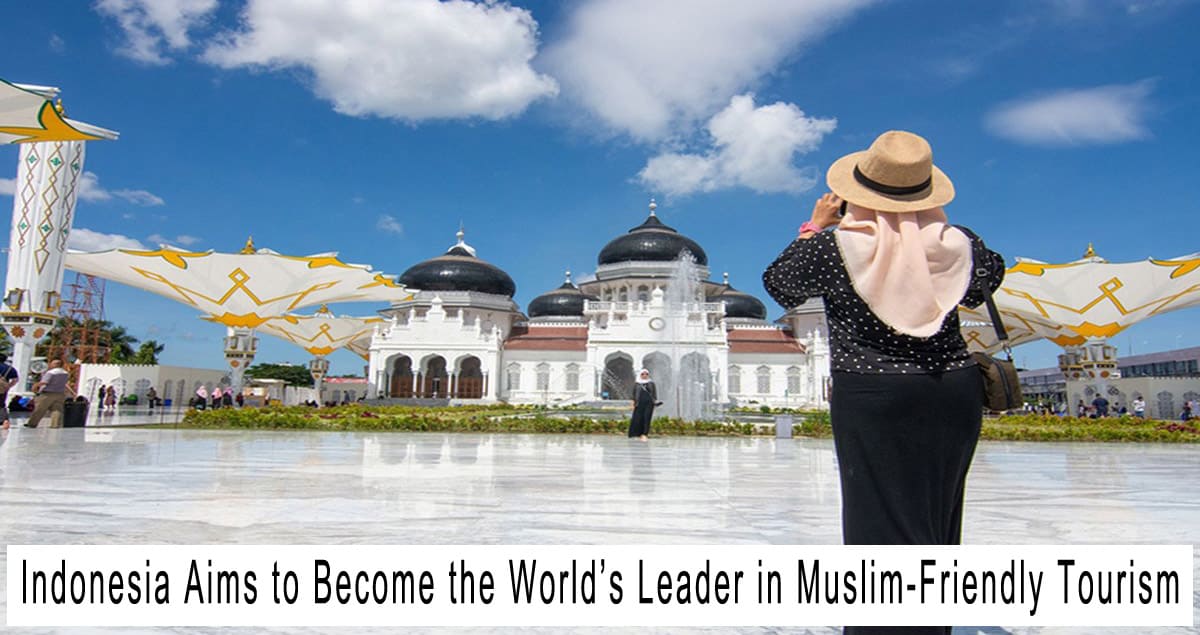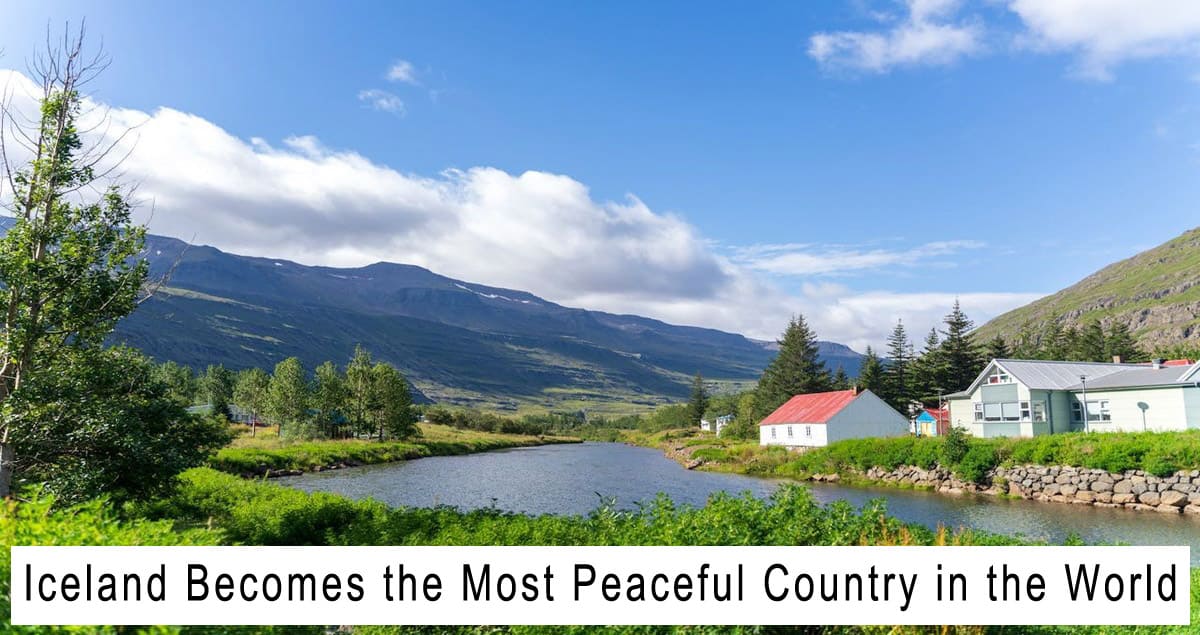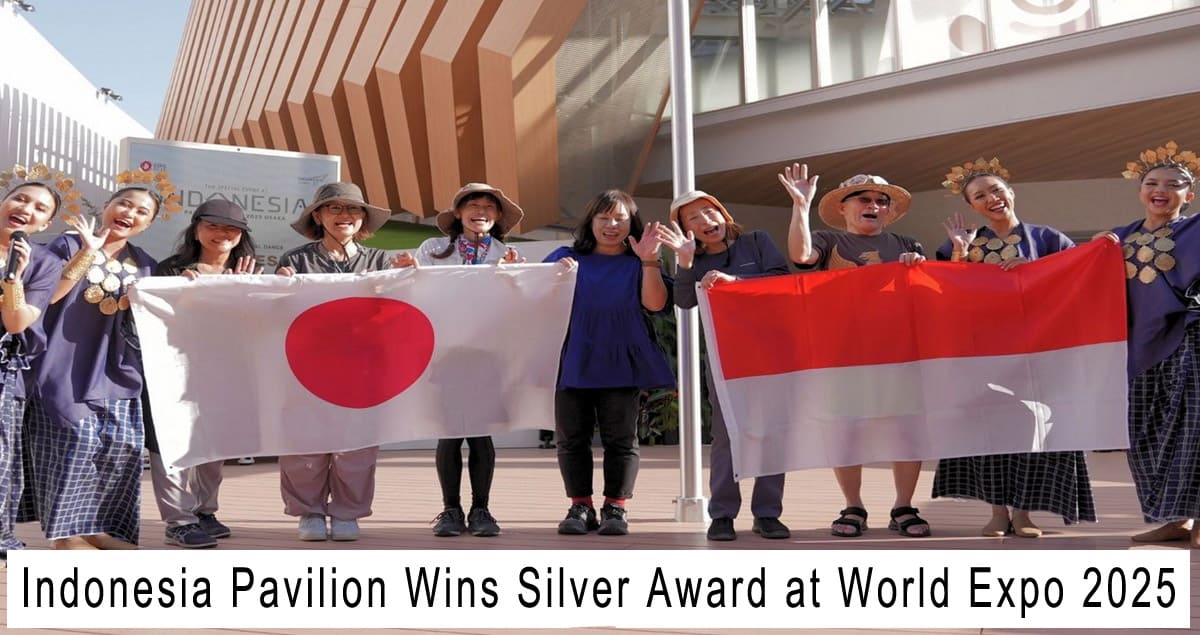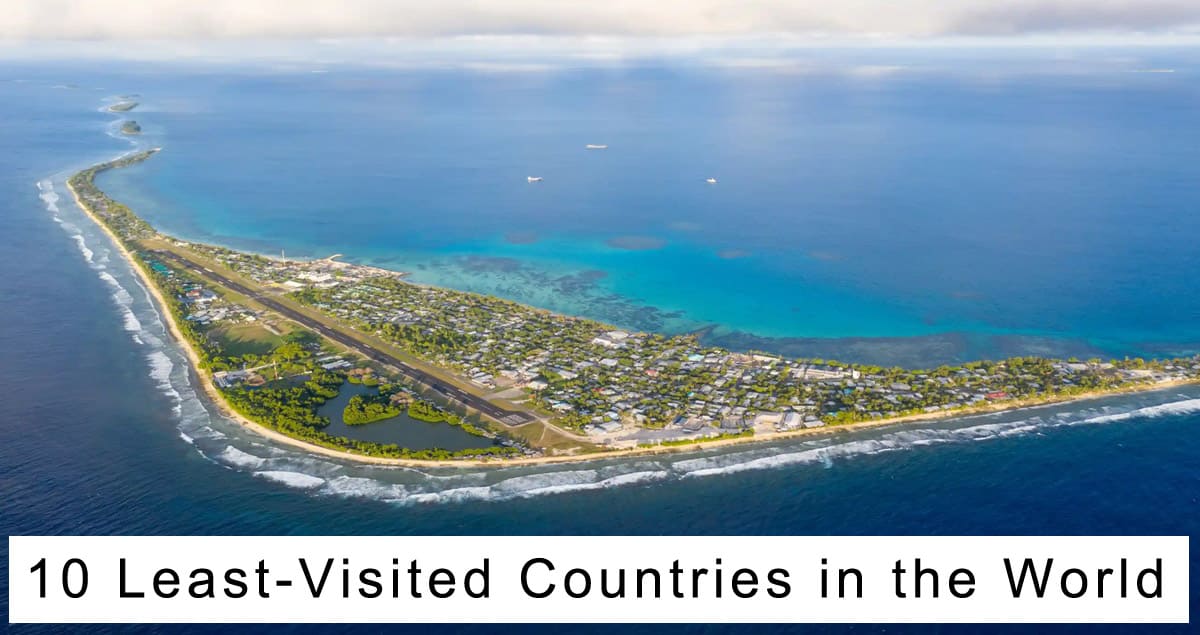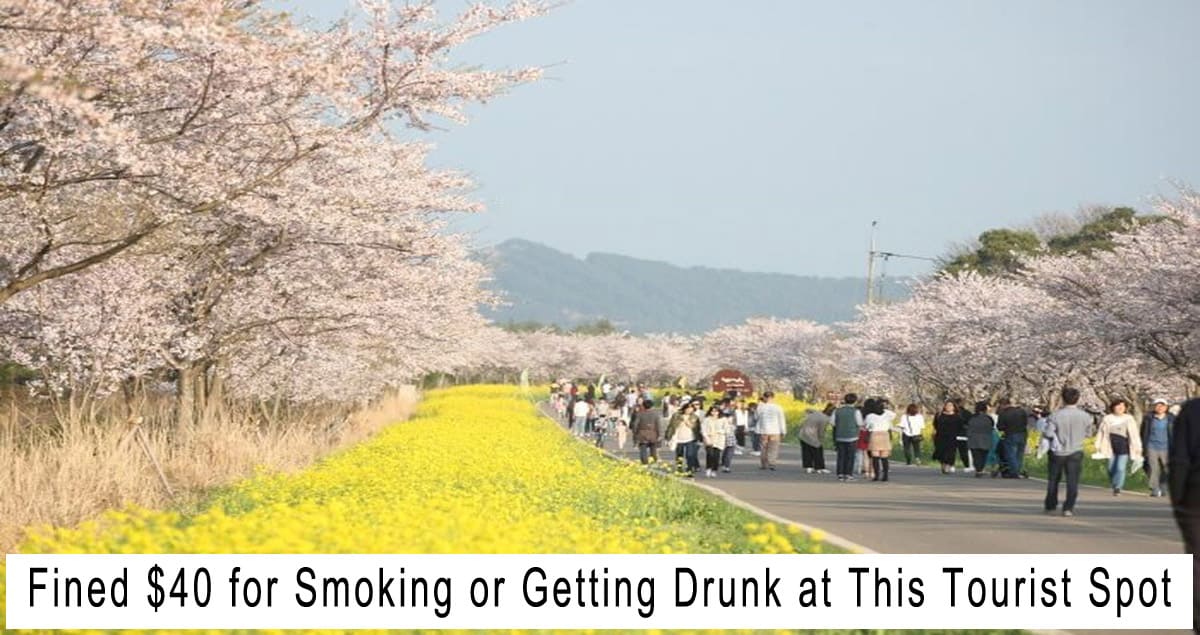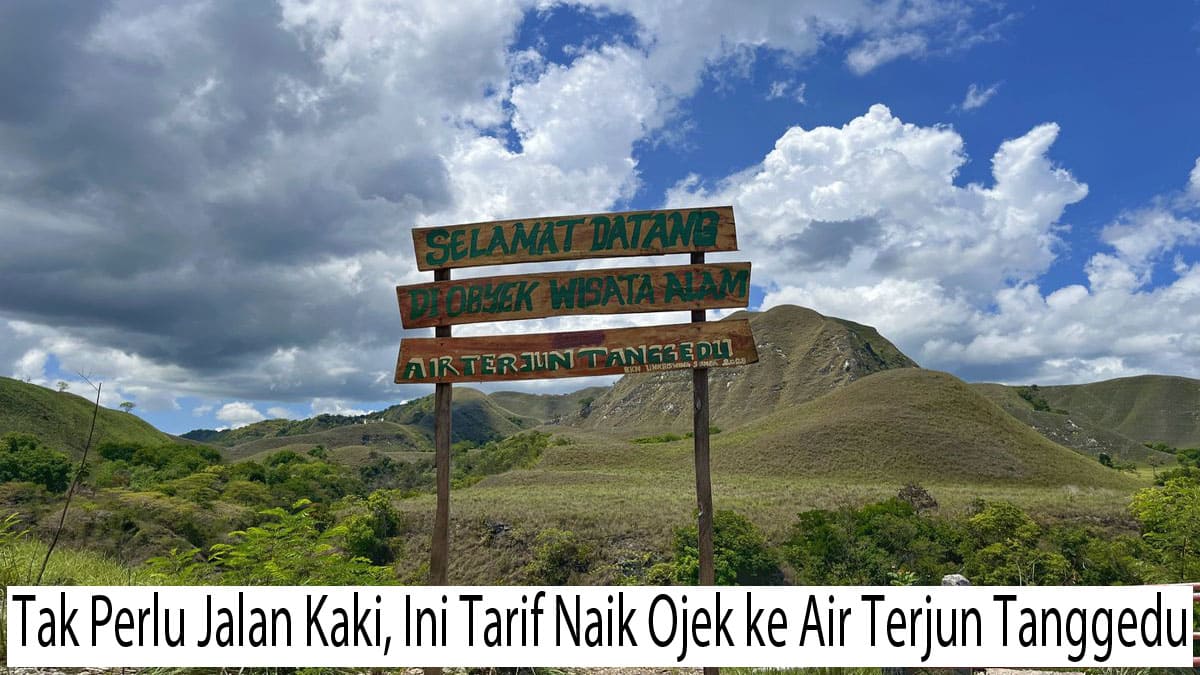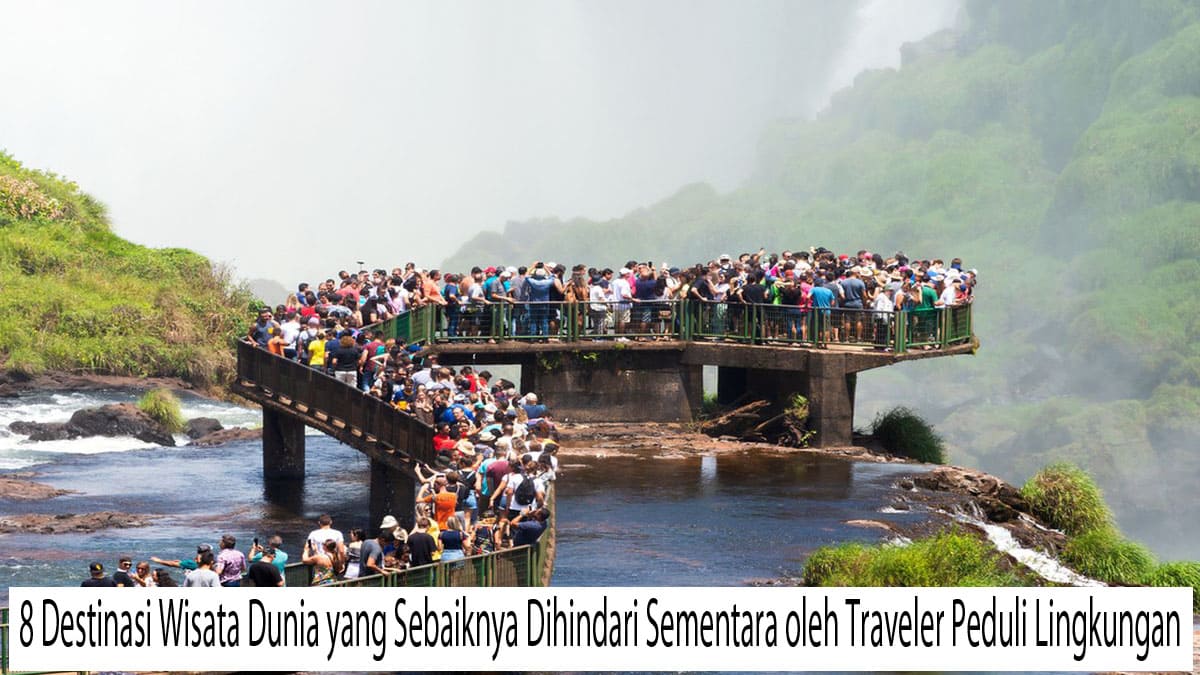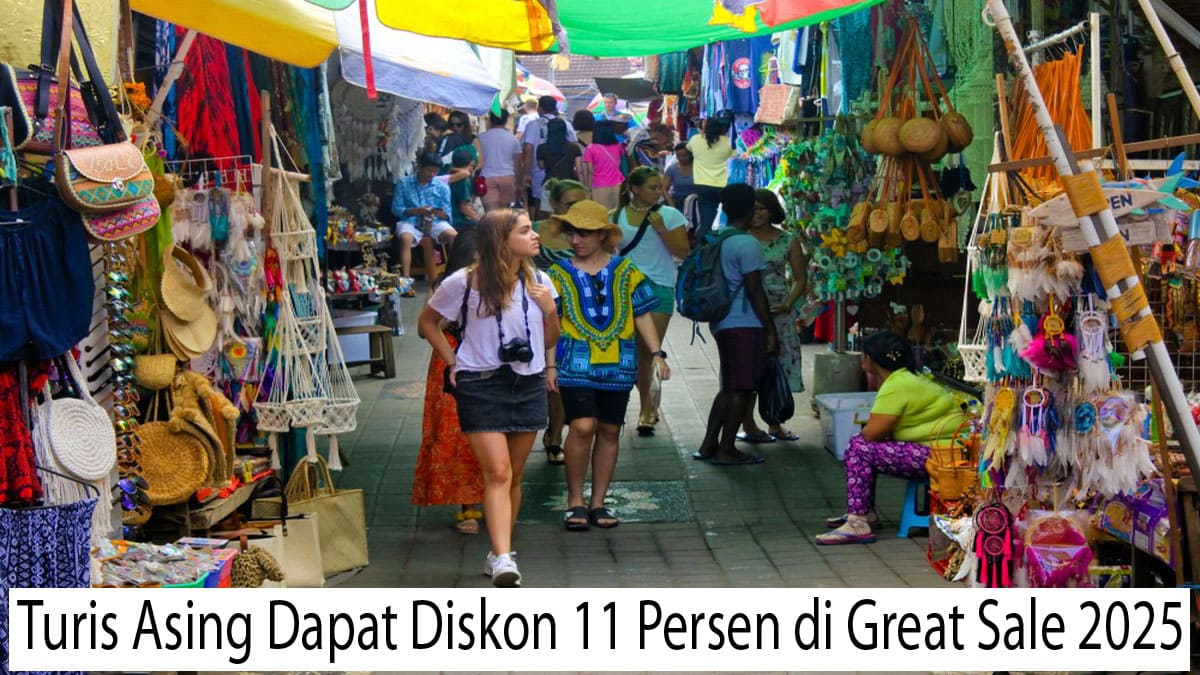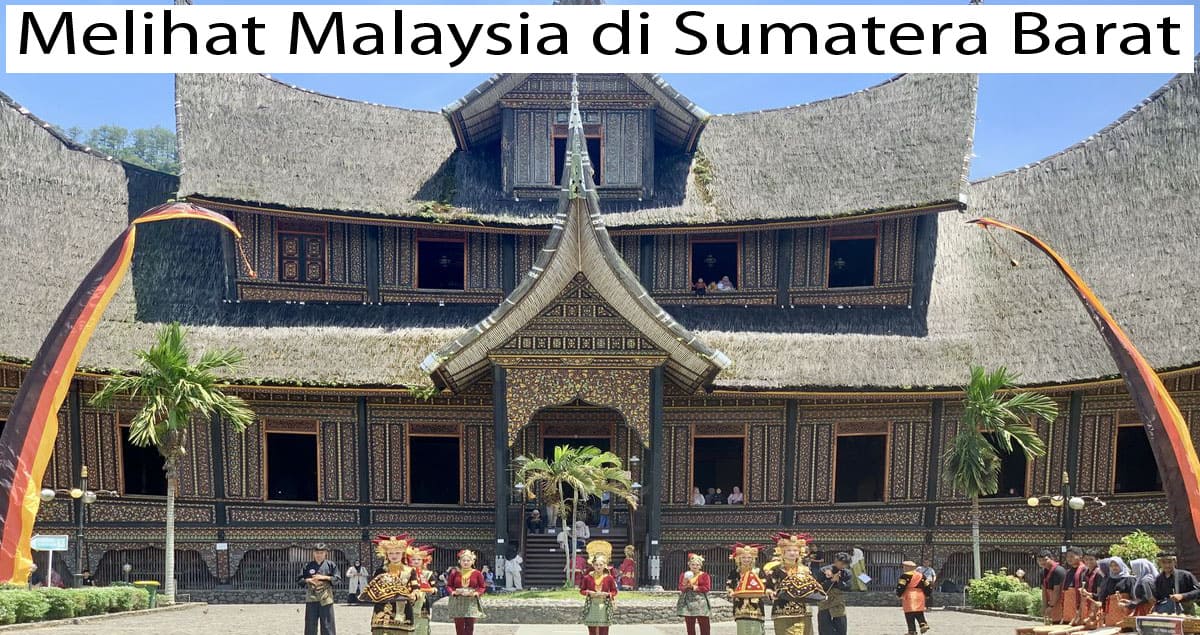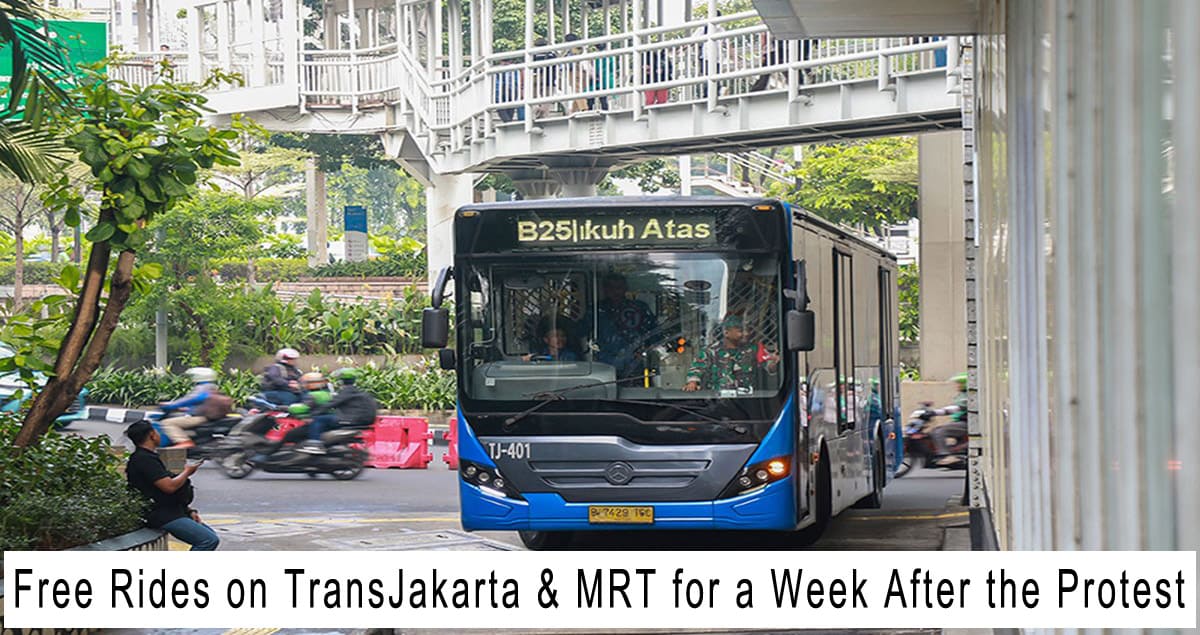Indonesia Aims to Become the World’s Leader in Muslim-Friendly Tourism – Indonesia has officially set its sights on becoming the global leader in Muslim-friendly tourism. But this isn’t just another slogan. The government, industry players, and halal tourism communities are joining forces with a clear, long-term strategy. The goal is to strengthen Indonesia’s position as a top destination for more than 230 million Muslim travelers worldwide. https://floorstowallsstudio.com
This move didn’t come out of nowhere. In the Global Muslim Travel Index (GMTI) 2024, Indonesia ranked No. 1 in the world, beating Malaysia and Saudi Arabia. The year 2025 is seen as a turning point—moving beyond being just a “top destination” to becoming a true global leader in the Muslim-friendly tourism ecosystem.
Indonesia Aims to Become the World’s Leader in Muslim-Friendly Tourism :
A Market Too Big to Ignore
According to CrescentRating, the global Muslim travel market is projected to reach 230 million travelers by 2028, with an estimated USD 225 billion in spending annually. As the country with the world’s largest Muslim population, Indonesia has a golden opportunity to become the main halal travel hub in Southeast Asia.
“We want to take the lead, not merely follow along. Being a leader entails creating an entire ecosystem, from destinations and policies to human resources and international promotion.”
— Siti Widiyanti, Minister of Tourism and Creative Economy, Indonesia.
IMTI 2025: Indonesia’s New Weapon on the Global Stage
To boost its global position, Indonesia launched the Indonesia Muslim Travel Index (IMTI) 2025 — a national index measuring how ready each destination is to provide Muslim-friendly services. IMTI uses the ACES framework (Access, Communication, Environment, Services), an internationally recognized standard for assessing Muslim-friendly travel experiences.
Top 5 IMTI 2025 Provinces:
- West Java – Known for family-friendly destinations, halal certification, and Islamic events.
- Jakarta (DKI) – Top international transport access and a growing list of halal-certified hotels.
- West Sumatra – Developing cultural-based halal tourism rooted in Minangkabau traditions.
- West Nusa Tenggara (NTB) – An international model for Muslim-friendly destinations.
- Aceh – A religious tourism hub with consistent Sharia-based local regulations.
Through IMTI, industry players can identify their region’s strengths and opportunities—no more guesswork.
National Strategy: From Halal Certification to Global Promotion
To truly lead, Indonesia is doing more than just showcasing its natural beauty. A four-pillar strategy is being rolled out to build a strong, competitive foundation:
- Halal Certification for Destinations & Products
- 10,000 halal certifications targeted for hotels, restaurants, spas, and transportation services in 2025.
- In partnership with BPJPH and MUI to speed up the process.
- 10,000 halal certifications targeted for hotels, restaurants, spas, and transportation services in 2025.
- Digitalization & National Muslim Travel Portal
- A one-stop digital platform featuring halal travel destinations, prayer times, Qibla direction, nearby mosques, and user reviews.
- A one-stop digital platform featuring halal travel destinations, prayer times, Qibla direction, nearby mosques, and user reviews.
- Global Promotion Strategy
- Target markets: the Middle East, South Asia, and Europe.
- Partnerships with Muslim-friendly OTAs and global travel influencers.
- Target markets: the Middle East, South Asia, and Europe.
- Human Resource Development for Halal Tourism
- Certified training programs for Muslim-friendly tour guides.
- Hospitality workshops for SMEs and hotel operators.
- Certified training programs for Muslim-friendly tour guides.
A Golden Opportunity for Industry Players
This movement isn’t just about government policy—it’s a huge opportunity for the private sector:
- Travel agents can create niche halal travel packages.
- Hotels & restaurants can boost competitiveness through halal certification.
- Local governments can leverage IMTI rankings to attract Muslim tourists.
- Travel startups can tap into the growing halal digital ecosystem.
“Muslim travelers are loyal when they feel understood. They want destinations that don’t just look beautiful but also respect their values,”
— Fahmi Rizqi, CEO of HalalTrip Indonesia.
Ambitious Target: 7.5 Million Muslim International Tourists
The Ministry of Tourism has set a goal of 7.5 million international Muslim travelers by 2027, with a focus on the Middle East, South Asia, and Muslim communities in Europe.
The halal tourism sector is also expected to open doors for investment opportunities. Investors from the UAE and Qatar have shown interest in building Muslim-friendly resorts and Halal Tourism Hubs in Lombok, Aceh, and Bandung.
Challenges on the Road Ahead
While the potential is massive, Indonesia must also overcome a few hurdles:
- Ensuring consistent halal standards across all destinations.
- Expanding skilled workforce familiar with global Muslim traveler needs.
- Strengthening digital infrastructure and unified access to information.
- Coordinating better between ministries and local governments.
A Bold Vision: From Halal Destination to Global Leader
Indonesia has everything it takes: the largest Muslim population, diverse destinations, warm hospitality, and strong government support. But becoming a global leader requires solid execution on the ground.
With IMTI 2025 as its roadmap and a clear national strategy in place, Indonesia is no longer just a “potential player”—it’s actively stepping into the role of global leader in Muslim-friendly tourism.

